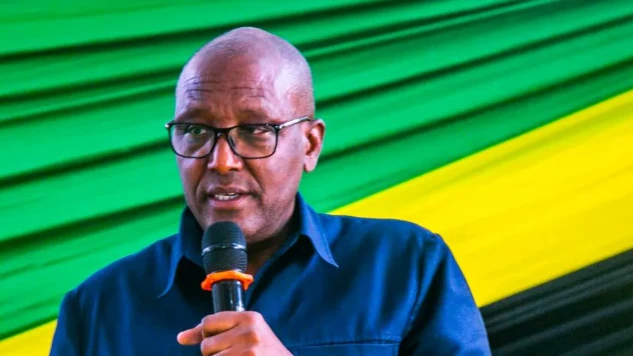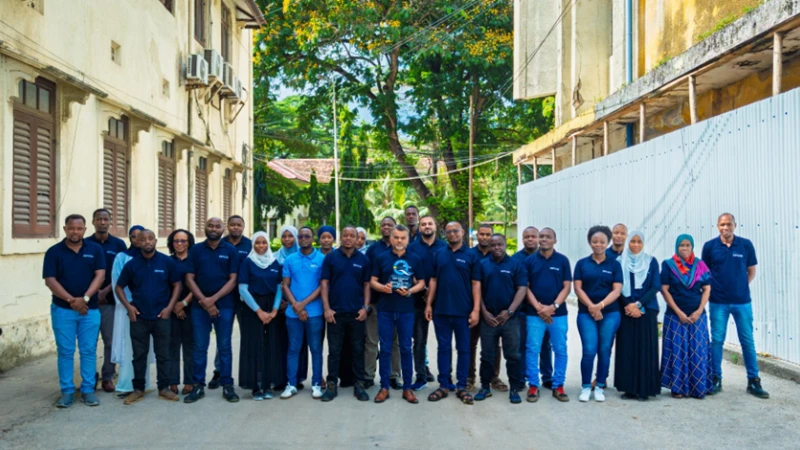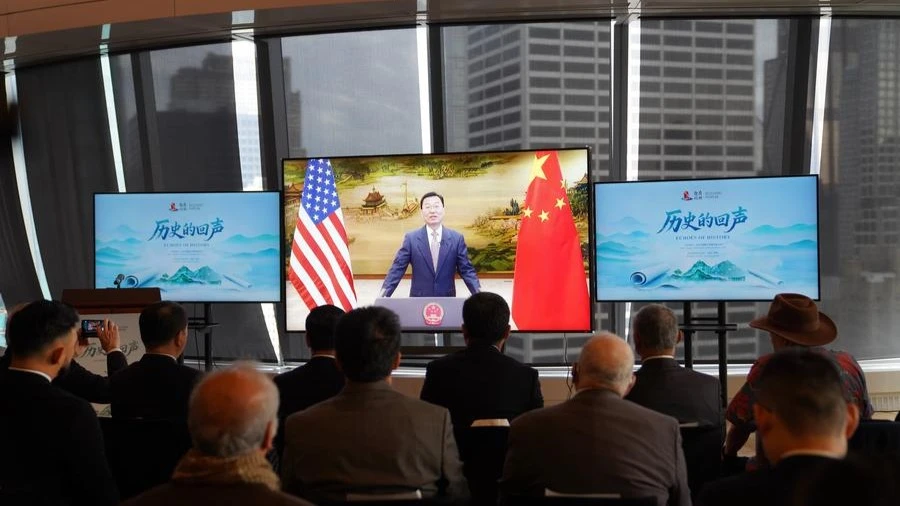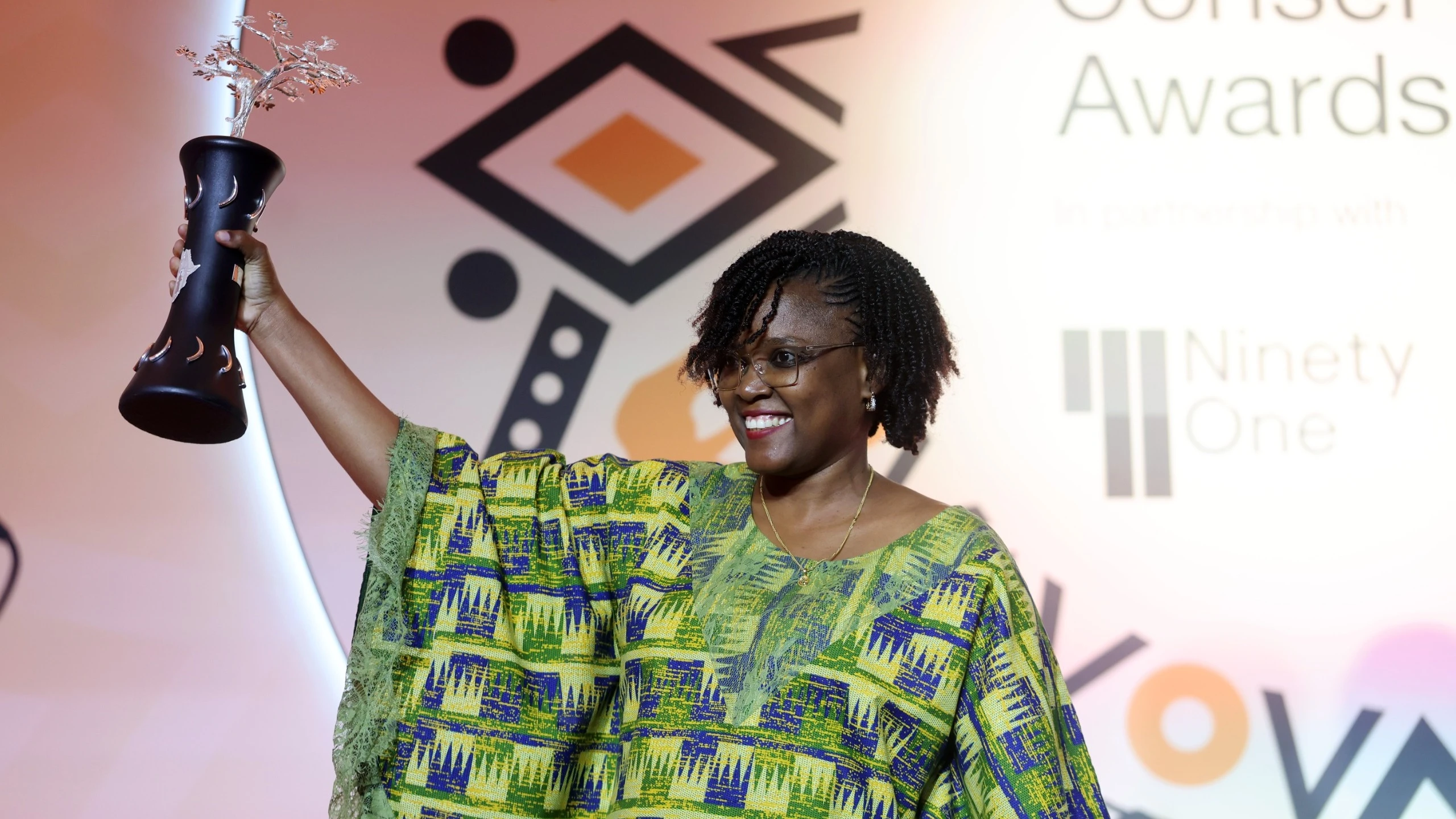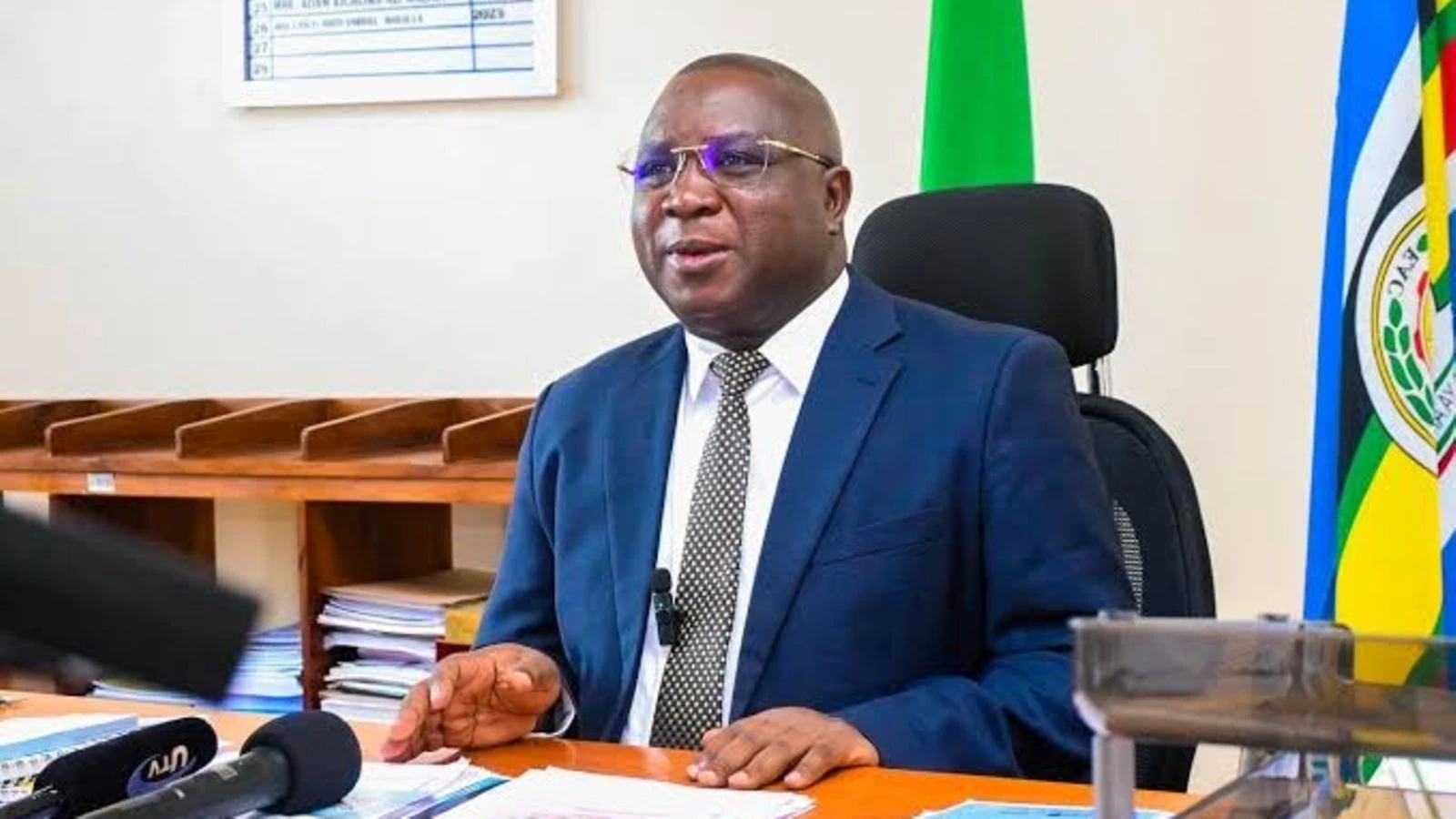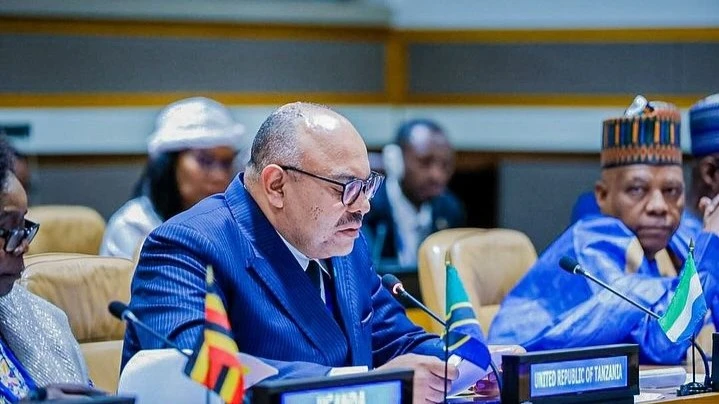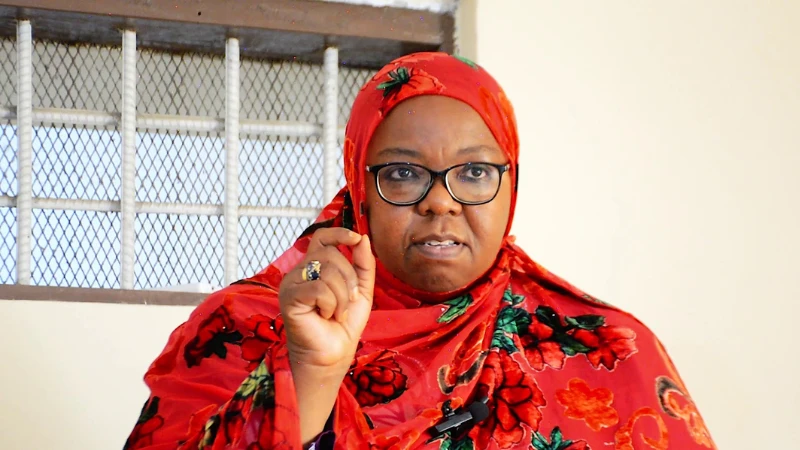'Special status for Diaspora only awaiting House session'
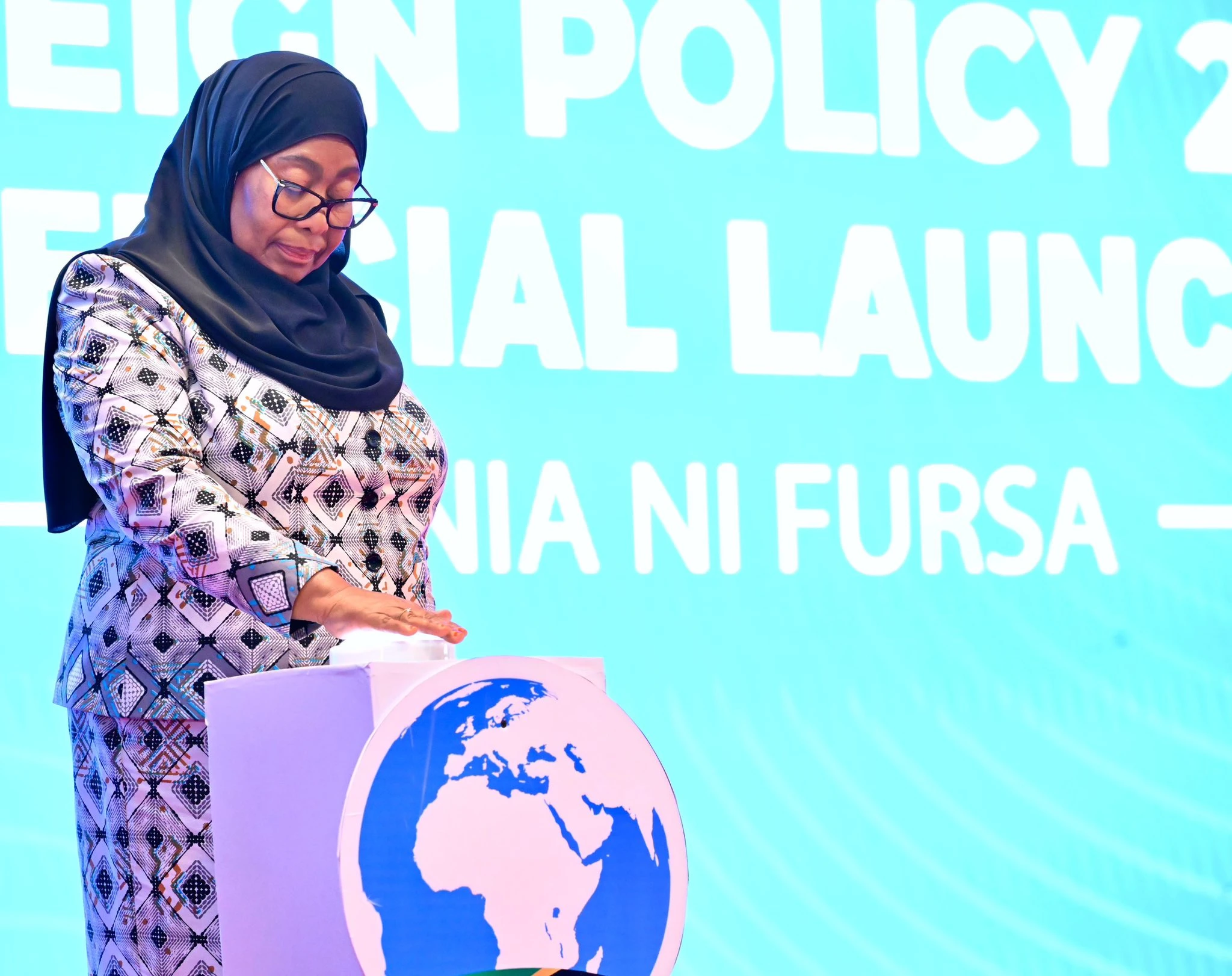
PRESIDENT Samia Suluhu Hassan yesterday unveiled updated foreign policy guidelines, using the platform to severely caution regional activists and their local associates who wish to mess up the country's stability.
Addressing a vast audience at the Julius Nyerere International Conference Centre in the commercial capital, she highlighted the use of advanced communications technology enabling activists in any quarter of the world "to say whatever they want about us."
“We will not allow foreign actors to enter under the pretext of promoting rights only to disrupt our peace and stability,” the president affirmed.
The updated policy shifts focus toward economic diplomacy and creates legal pathways for Diaspora engagement, including land ownership for Tanzanians abroad who have not gained citizenship elsewhere.
The framework reaffirms Tanzania’s commitment to multilateralism, supporting the United Nations, the Non-Aligned Movement, the Group of 77 and China, alongside regional integration via the Southern Africa Development Community (SADC) and the East African Community (EAC).
Despite its ambitions, challenges remain, she said, pointing at underutilized Kiswahili in international affairs, cross-border crime and adapting to global shifts.
Since taking office in March 2021, President Samia has conducted over 45 diplomatic missions abroad, hosted 37 heads of state, secured more than $15bn in foreign investments and raised Tanzania’s global profile, a ministerial profile indicated.
The guidelines plans special training for officials and envoys to achieve goals of economic diplomacy, where a key feature is granting special status to the Tanzania non-citizen Diaspora, formalizing their role in national development.
To enable this, the government is amending the Land Act and Immigration Act to allow land ownership and ease of travel for Diaspora members. These bills are currently before Parliament, the president noted.
Backed by a ten-year implementation strategy, the policy will be periodically reviewed to meet emerging challenges.
The revised foreign policy is structured around ten areas, with economic diplomacy taking center stage, in the wake of Tanzania securing more than $15bn in foreign direct investment pledges since early 2021, a testament to the country’s renewed investor confidence.
Other key components include enhanced regional peace building, particularly in the Eastern DRC, and the elevation of Kiswahili diplomacy. President Samia successfully lobbied for Kiswahili’s adoption as an official language of the African Union and for UNESCO to declare July 7 as World Kiswahili Language Day.
Zanzibar President Dr Hussein Ali Mwinyi praised the policy as strengthening global diplomatic ties, urging more foreign consulates in Zanzibar.
Ambassador Mahmoud Thabit Kombo, the Foreign Affairs and East African Cooperation minister, said the policy explicitly links diplomacy to national priorities like the blue economy, youth empowerment and regional trade.
It aims to promote peace, expand access to international labour markets, increase Kiswahili use in diplomacy and mainstreaming gender, youth and climate issues.
Top Headlines
© 2025 IPPMEDIA.COM. ALL RIGHTS RESERVED








